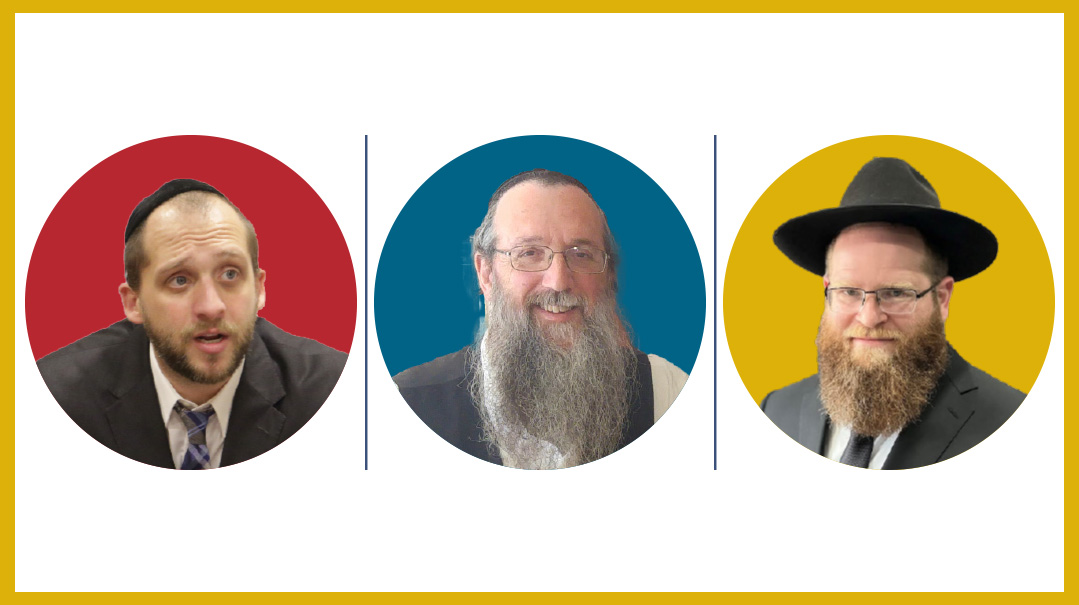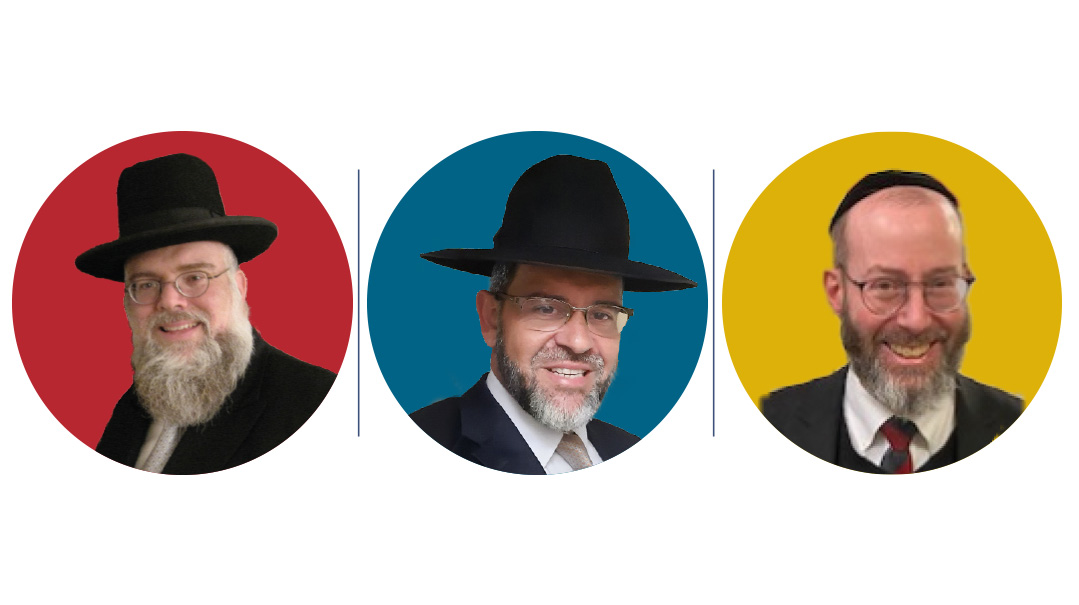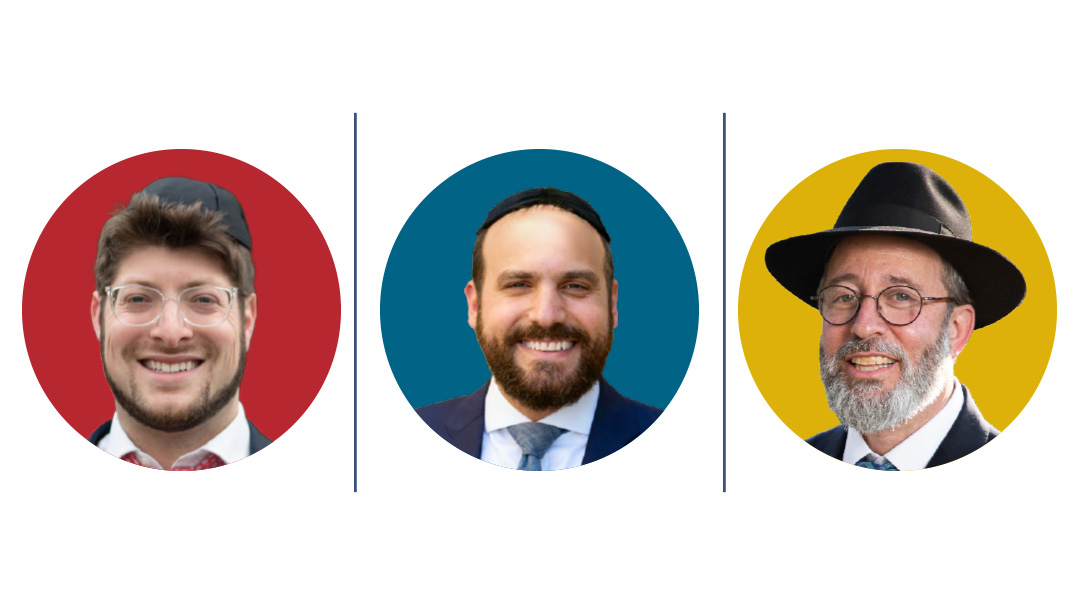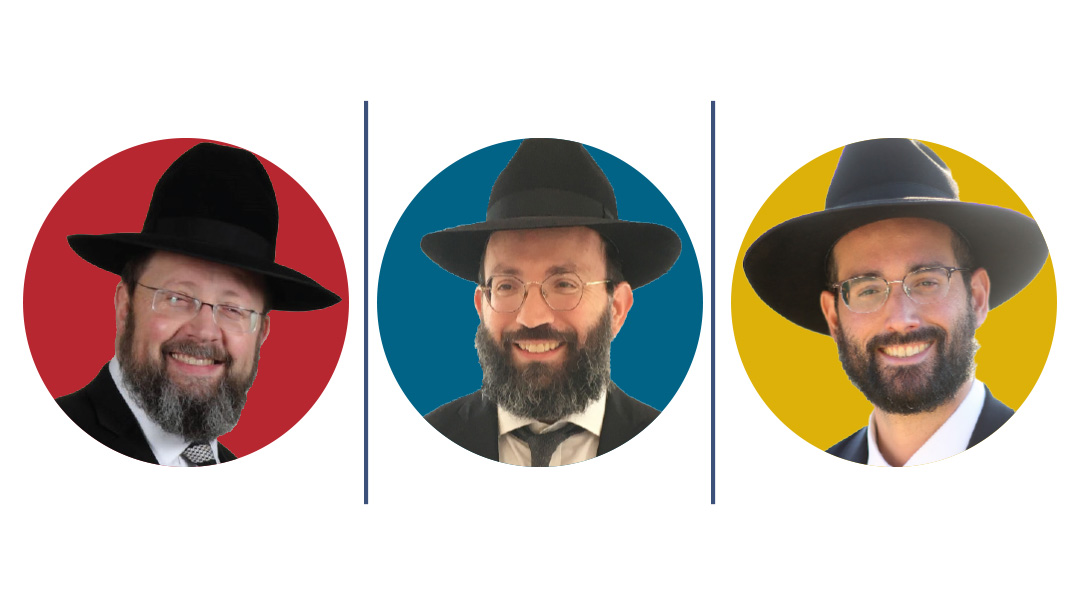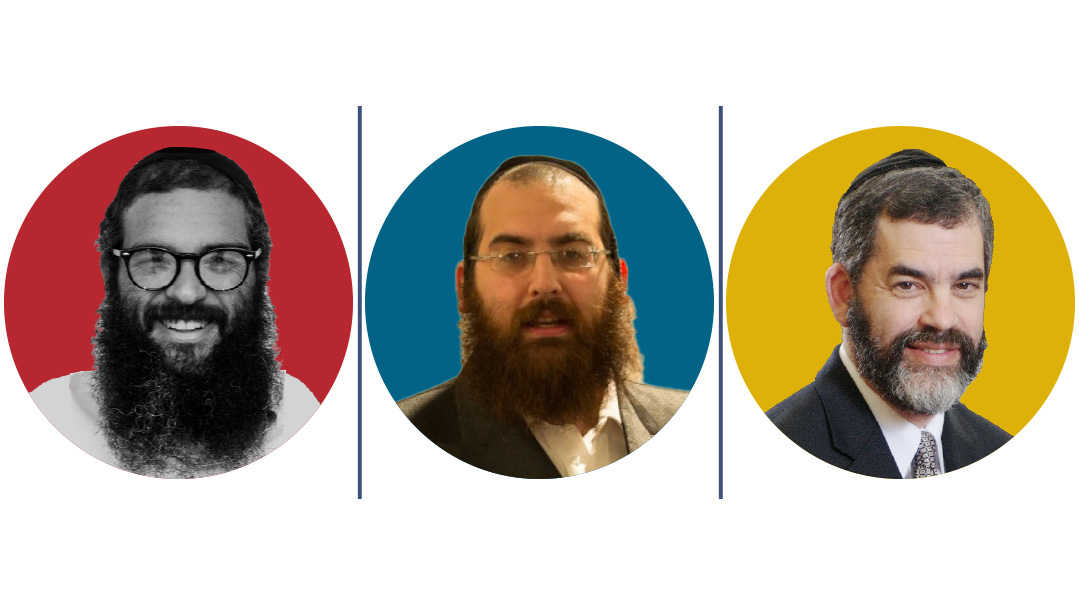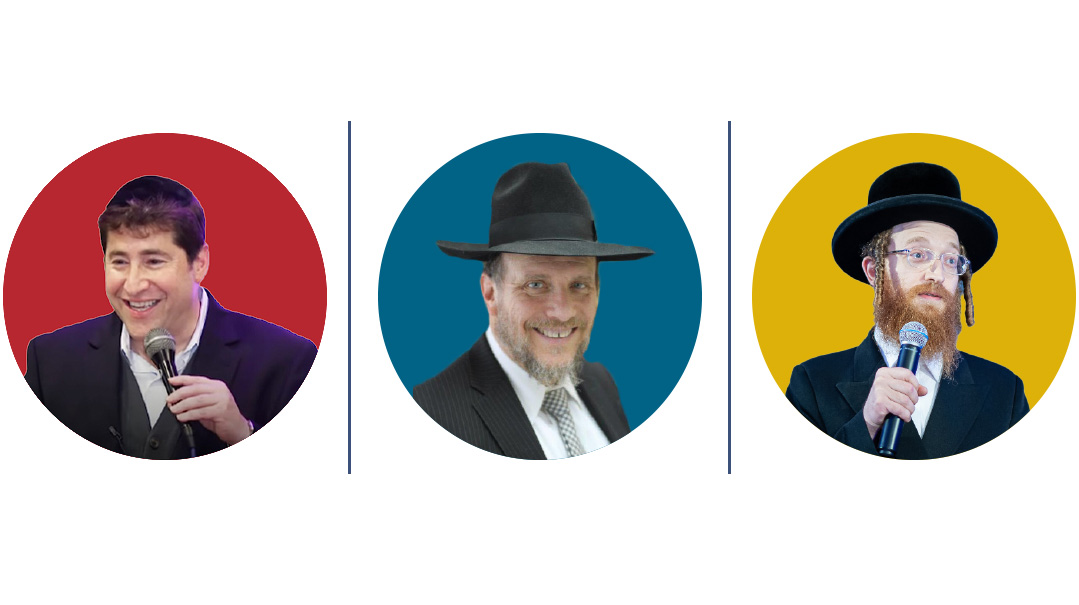If You Don’t Publicly Condemn, Does That Mean You’re Complicit?

"A lot depends upon who you are, who your audience is, how effective you are likely to be, and if you know what the Torah-prescribed route of action is"
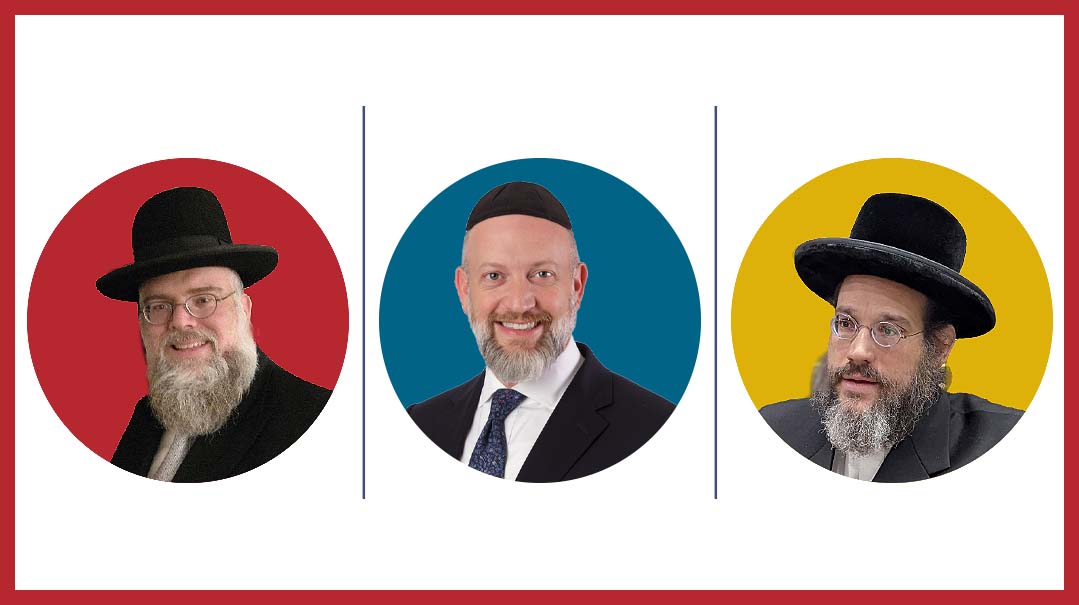
The claim:
“If you don’t publicly condemn extremists who dress like you and affiliate like you, but whose behavior dismays and shocks you, you’re complicit in their actions”
Agree, Disagree, and Why?
Rabbi Henoch Plotnick
Agree (with a Caveat)
My rebbi, Rav Elya Svei ztz”l, would often quote the words of Targum Yonasan ben Uziel on the last five of the Aseres Hadibros. Not only is the Torah commanding us not to murder, kidnap, etc., we are also being instructed not to associate with anyone who does. And if we ignore that mandate, our children chalilah will learn to do the same — and, Rav Elya adds, even become poshute rotzchim (simple murderers).
We must demonstrate zero tolerance for despicable behavior, for our own selves and for the sake of our children, who pick up on our values. The Chizkuni adds that one can be guilty of lo sirtzach by merely being silent.
This would certainly imply a call to action.
But what action? “Public” has different meanings for those in different roles. A lot depends upon who you are, who your audience is, how effective you are likely to be, and if you know what the Torah-prescribed route of action is.
Each us must profess our horror at nefarious behavior to those within our spheres of influence, be it our children, students, congregants, and in some cases neighbors or coworkers. Those in more public positions will need to make a shikul hadaas, a very balanced decision, in the tradition of gedolei Yisrael.
When asked about putting up posters in his name denouncing the man who murdered a group of Muslims at the Me’aras Hamachpeilah, Rav Shach responded, “What are his wife and children guilty of?” In that circumstance, daas Torah dictated that it wasn’t the proper approach.
There are other times when daas Torah has endorsed publicizing disapproval. Thou shalt not guess! Taking responsibility for these decisions ourselves is like asking the barber to perform a heart transplant because he is good with scissors.
Sadly, we must recognize that we all have a hand in these indiscretions. Rav Shach and other gedolim have been quoted as saying that the reason there is not more shemiras Shabbos in secular communities is because of our own laxity in kedushas Shabbos. There is genuine spiritual cause and effect, and we must look inward at the hashpa’ah produced through our own actions.
Yes, we must condemn despicable behavior, but how and where depends on recognizing our role and sphere of influence.
Rabbi Henoch Plotnick is a ra”m in Yeshivas Kesser Yonah, Chicago, and served in rabbanus for 25 years.
Rabbi Efrem Goldberg
Agree (Almost Always)
This question, like almost all others, does not have an absolute answer. Some extremists are already marginalized and irrelevant, and to publicly condemn them would be to give them the attention they seek. Most often, however, I believe it’s critically important to denounce the outrageous, anti-Torah behavior of extremists, particularly those who dress and affiliate like you.
It’s more natural to condemn “the other,” but we have a greater responsibility and will have a more powerful impact when we decry the behavior of those who identify with us, either religiously or politically. Failure to help stop a chillul Hashem, particularly within a community in which you have a say, makes you an accomplice to it.
The Gemara (Shabbos 54b) says: “Anyone who had the capability to protest the sinful conduct of the members of his household, the people of his town, or the whole world, and did not protest, he himself is liable for the sins of the members of his household, of his town, or of the world, and he himself is punished.”
Furthermore, the Gemara (Shabbos 119b) tells us, “Yerushalayim would not have been destroyed had it not been for the people’s failure to protest or prevent each other from sinning.”
The Midrash relates that Pharaoh asked three advisors what to do with the Jews. Bilaam counseled Pharaoh to throw all newborn Jewish boys into the Nile, Iyov remained silent, and Yisro fled as a sign of protest. Hashem punished Bilaam and Iyov, while Yisro was rewarded. The Brisker Rav questions: Why was Iyov punished for simply being silent?
He explains that firstly, when someone in an influential position remains silent, he is an accomplice. But more than that, Iyov’s silence in the face of Pharaoh’s terrible question emboldened Bilaam and gave him the confidence he needed to suggest his plan of annihilation. Silence is not neutrality; not wanting to get involved is getting involved because our silence and indifference embolden and benefit the evildoer, it never protects the victim or advances justice. Our silence conveys more than neutral indifference — it condones the evildoer’s behavior.
Martin Luther King Jr., lehavdil, said: “In the end, we will remember not the words of our enemies, but the silence of our friends.” One day the Ribbono shel Olam Himself will call to account those who have perpetrated wrongdoing against Him and against others, but there is no doubt He will also remember those who remained silent when they should have spoken.
Rabbi Efrem Goldberg is the senior rabbi of the Boca Raton Synagogue, a rapidly growing shul community of over 850 families in Boca Raton, Florida.
Rabbi Yosef Ginsberg
Disagree
Twenty years ago I would have agreed; today, in 2022, I disagree.
This statement has three loaded terms: public condemnation, affiliation by dress code, and shocking behaviors.
Before stating our opinions, we must first establish that the halachos of tochachah and accountability for lack of condemnation do not apply to this statement. (This would require an article of its own).
Ever since technology and social media so deeply penetrated our communities, we live in a confusing world. Externals don’t always reflect internal values, and affiliations or dress codes don’t consistently define people.
Today’s modern society promotes acceptance, tolerance, and validation, leaving room for a lot of “gray area.” By contrast, authentic Yiddishkeit leaves no room for personal subjectivity, filtering everything through the lens of Torah.
It’s difficult to determine whether the leniency in today’s liberal climate stems from true tolerance of others, or perhaps from a lack of tolerance for authentic Yiddishkeit.
Let’s turn back to our original premise: People who dress or affiliate with you may, in fact, be totally unaffiliated, and people who share your mosdos and batei medrash may be sharing very little else.
Actions that shock? What shocks you may not shock your neighbor, subsequently leaving little room for productive condemnation.
Whom are you denouncing? An individual who may be nonobservant?
What gray action are you criticizing? Nothing is black and white today.
Who is your public audience? Are they on the same page as you?
There was a rosh yeshivah whose talmidim were debating and clashing with members of the Reform movement. He taught them something powerful. “Your enemies define your borders.”
The United States shares no borders, either geographically or militarily, with Uganda; therefore, there is no conflict between them. The Satmar Rav ztz”l didn’t fight the Reform movement since they weren’t his contemporaries, the rosh yeshivah explained. He did spar with Agudas Yisrael, though. They were frum Yidden, and he shared boundaries with them.
Realize that by condemning someone, you may be aligning yourself with them. Don’t worry, their actions define what their true affiliations are much more than their camouflaged uniform does. Often silence can be deafening; not every extremist deserves your attention.
The navi Malachi (3:16) said, “Az nedabru yirei Hashem ish el re’eihu…” The days will come when all erliche Yidden, who don’t allow external influences or any form of media to tarnish their vision, will be speaking only to one another, since many others won’t be capable of listening.
“…Vayakshev Hashem vayishma v’yikasev b’sefer zikaron l’yirei Hashem ul’choshvei Shemo.” And in this contradictory world, Hashem will listen carefully, and record for eternity that we are His true, unapologetic servants.
My friends, those days have arrived!
Rabbi Yosef Ginsberg is the rav of Kehal Toldos Yitzchok of Lakewood and rosh kollel for its advanced Kollel L’Horaah. He is a prolific speaker whose lectures can be heard on Torah Anytime.
(Originally featured in Mishpacha, Issue 900)
Oops! We could not locate your form.
